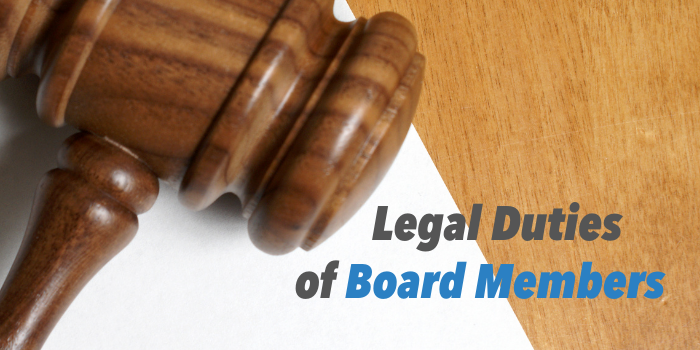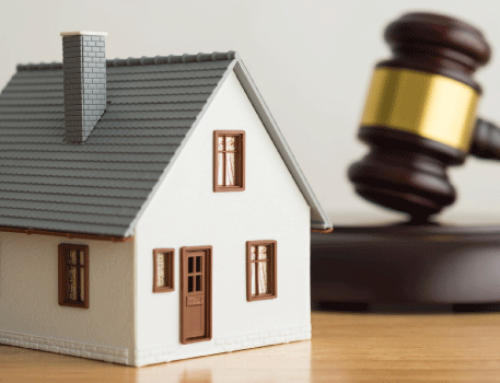The Legal Duties of HOA Board Members
An HOA board is comprised of volunteer homeowners who want to serve their community, protect home values, and maintain a high standard of living for all members. Board members take on the day-to-day responsibilities of running the association and perform various duties pertinent to their positions.
Board Qualifications
Members of the board should be selected annually in a free and fair election. Every homeowner should be given the opportunity to vote for qualified candidates to fill board positions. Potential candidates are generally very involved in the community, regularly attend board meetings, and have a good understanding of the association’s governing documents, including important rules and regulations.
Board Member Roles & Responsibilities
President – The president is the face of the board. They are responsible for organizing and running all board meetings, as well as overseeing contracts, documents, and orders on behalf of the HOA. A presidential candidate should have excellent leadership skills that will help them handle administration, delegate responsibilities, and manage the rest of the board.
Vice President – The vice president should be willing and able to assume the role of the president, if needed. Other responsibilities will vary based on the needs of each association, and may include things like helping manage common spaces and overseeing community events.
Secretary – In addition to taking and distributing the minutes at each board meeting, the HOA secretary is tasked with maintaining association records, filing annual reports, and attesting to legal documents signed by the president.
Treasurer – Managing association finances is vital to the success of the HOA. The treasurer acts as the custodian of association funds and handles all financial statements and reports. They also play a significant role in establishing, recording, and executing the annual budget.
Fiduciary Duties
As with the leadership in any business, HOA board members are placed in a position of trust and have a fiduciary duty to always act in the best interest of the association.
In an HOA, the fiduciary duties of the board consist of three components:
- Duty of Loyalty
Board members are required to make decisions based on the needs of the community, and must never make them to further their own agenda or for personal gain. They must also avoid conflicts of interest when working with contractors or outside vendors, or when voting on specific issues concerning the association.
- Duty of Care
Duty of care requires that board members always make informed decisions to the best of their abilities. Remaining up-to-date on association rules and relying on the knowledge of other informed board members will help ensure that duty of care is exercised properly.
- Duty to Act Within the Scope of Authority
By paying particular attention to state law, as well as the HOAs governing documents (including articles of incorporation, CC&Rs and bylaws), board members can properly carry out their duties without making decisions or taking actions without the authority to do so.
Serving on an HOA board is a great responsibility that shouldn’t be taken lightly. When each member understands and fulfills their role while upholding their fiduciary duties, they can easily work together to increase the value of their community and ensure its continued success. For board members looking for additional help managing their HOA community, contact Spectrum Association Management today and see what makes us refreshingly different.







